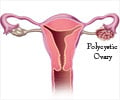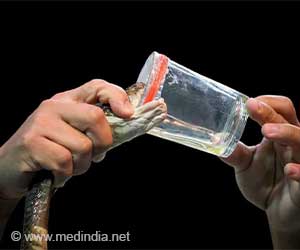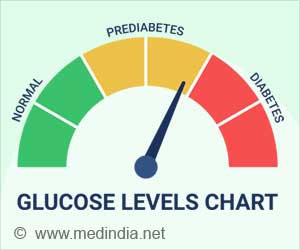Understanding PCOS and taking a closer look at this hormonal disorder and its link with body image
- Women with PCOS experience higher levels of body image concerns compared to those without the condition
- PCOS is a hormonal disorder affecting women of reproductive age and is associated with symptoms such as irregular periods, excess male hormones, and weight gain
- Managing PCOS involves lifestyle changes, medication, and increased awareness for early detection and effective management
Body-image distress is increased in women with polycystic ovary syndrome and mediates depression and anxiety
Go to source).
TOP INSIGHT
PCOS is a hormonal disorder affecting women and is now linked to body image concerns & self-perception. #PCOS #BodyImage
Breaking Down the Impact of PCOS on Women's Body
To understand PCOS better, let's break it down. PCOS is a hormonal disorder that affects women of reproductive age. In a normal menstrual cycle, ovulation occurs alternately from each ovary. But for women with PCOS, one or both ovaries may not develop a dominant follicle, causing irregular periods and the formation of multiple small cysts. The exact reasons why women get PCOS are still unclear.PCOS is characterized by symptoms such as irregular periods, excess male hormones (which can lead to facial and back hair growth), and weight gain. The exact causes of PCOS are unknown, but it's believed to involve multiple factors. The weight gain aspect of PCOS contributes to body image concerns among affected women.
PCOS is also associated with an increased risk of developing other health conditions like type 2 diabetes, high blood pressure, cardiovascular disease, infertility, and miscarriage. Hormonal imbalances and insulin resistance play a role in these risks.
Managing PCOS: Lifestyle Changes and Body Image Consciousness
Although there is no complete cure for PCOS, managing it involves making lifestyle changes like maintaining a healthy diet, regular exercise, and weight management. Medications may also be prescribed to regulate menstrual cycles, reduce androgen levels, and improve insulin sensitivity.There's a growing awareness of PCOS among Indians, with some individuals even self-diagnosing themselves. This increased awareness is crucial for the early detection and management of PCOS.
In conclusion, the study highlights the importance of addressing body image concerns in women with PCOS. By raising awareness and promoting effective management strategies, we can support individuals with PCOS and ensure their overall well-being.
- Body-image distress is increased in women with polycystic ovary syndrome and mediates depression and anxiety - (https://pubmed.ncbi.nlm.nih.gov/31395311/)
Source-Medindia
 MEDINDIA
MEDINDIA




 Email
Email






